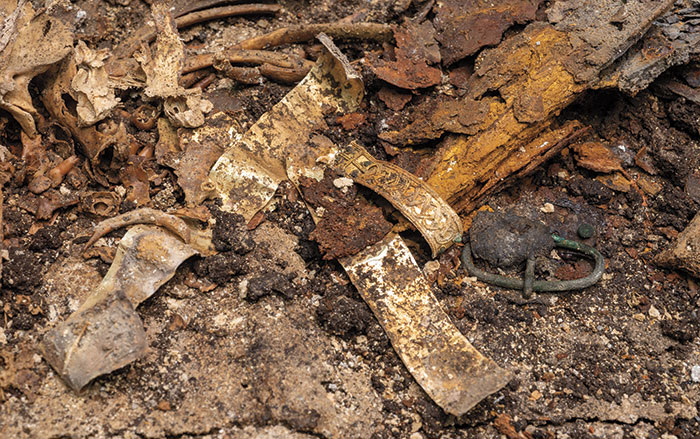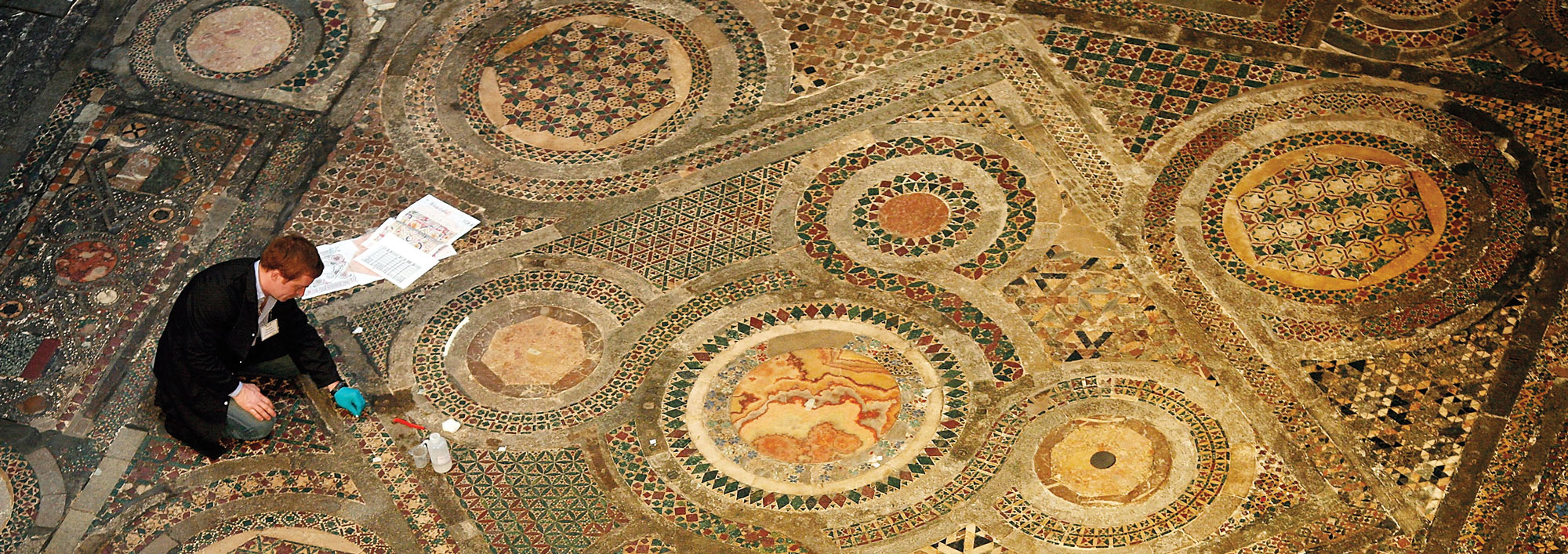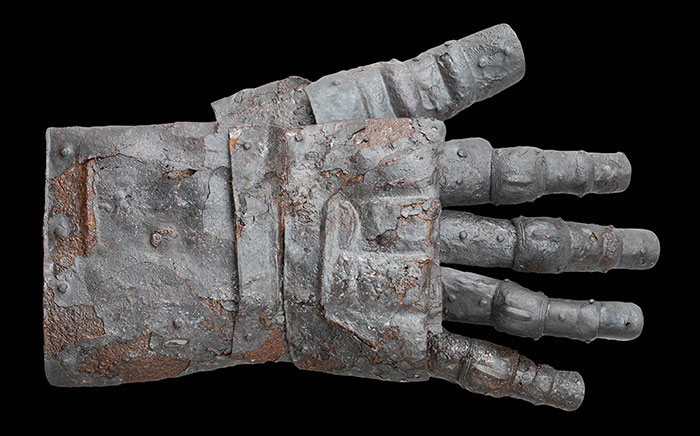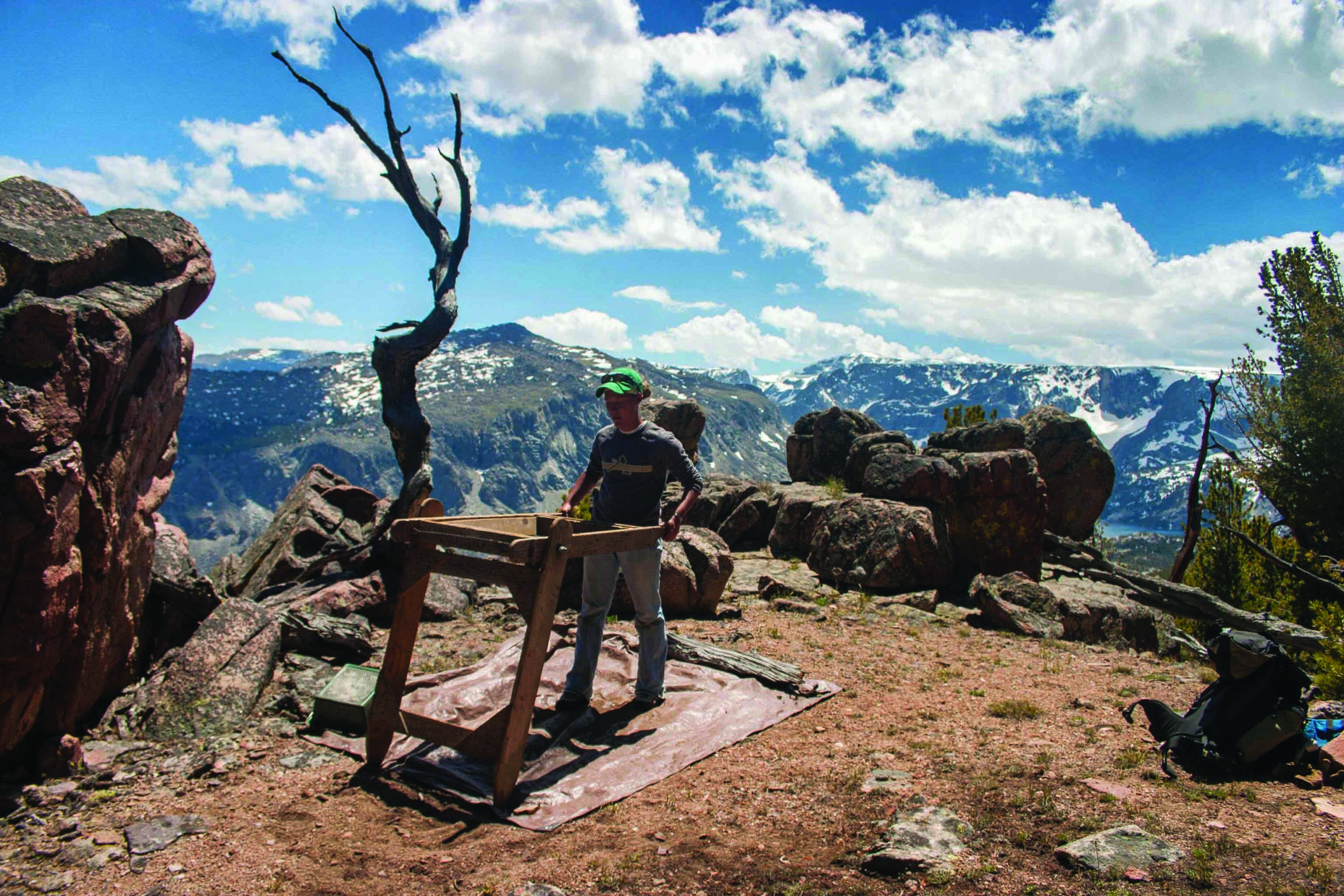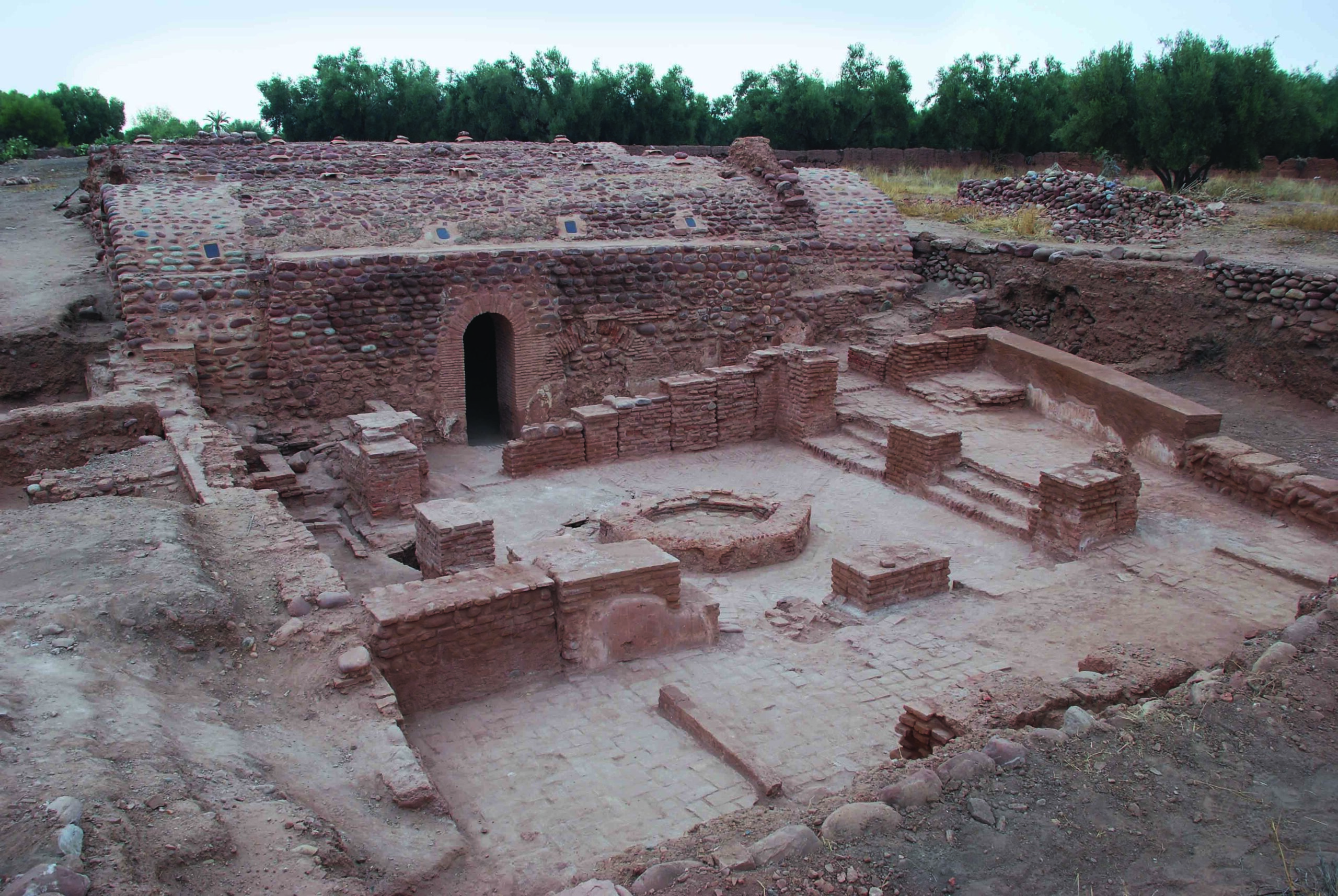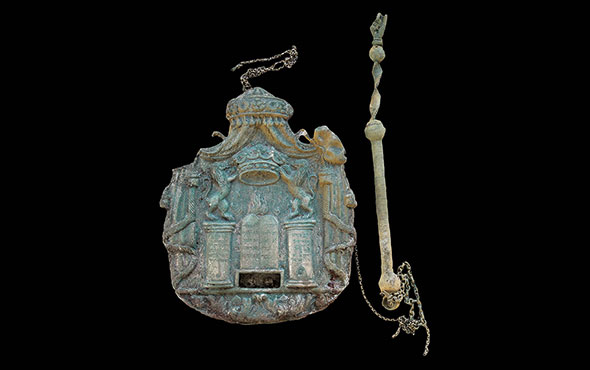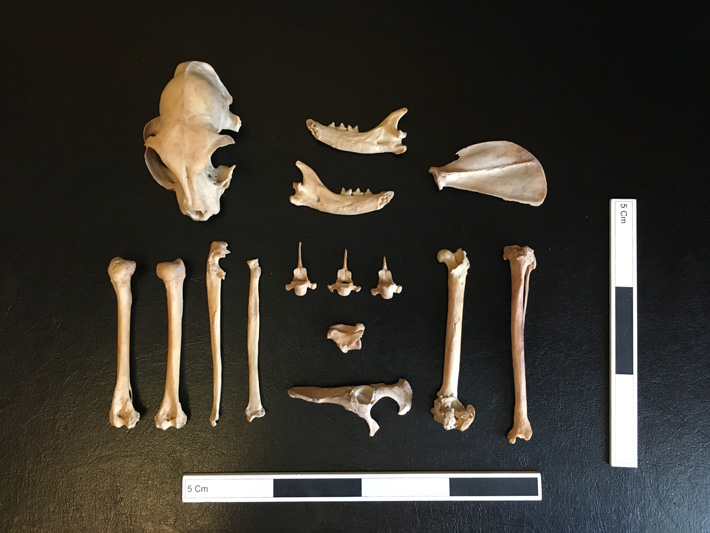
HALLE, GERMANY—According to a statement released by Martin Luther University of Halle-Wittenberg (MLU), researchers from MLU, Korkyt-Ata Kyzylorda State University, the University of Tübingen, and Russia’s Higher School of Economics analyzed a nearly complete cat skeleton unearthed at a medieval village site in southern Kazakhstan and determined the feline was likely kept as a pet. Located along the Silk Road, the village was home to the Oghuz, who were Turkic pastoralists. Ashleigh Haruda of MLU said the eighth-century tomcat had several healed broken bones, and had likely been fed by humans because it had lost all of its teeth. She added that the feline’s remains were only recovered because the animal had been buried, in contrast to most of the other animal bones recovered from the site, which were found individually. In addition, the chemical composition of the cat bones indicates the animal was fed a diet that contained more protein than dogs whose remains have been found at the site, and to other cats that lived during the same time period. Finally, genetic analysis suggests the cat belonged to the domesticated species Felis catus Linnaeus. The keeping of a pet cat is thought to be an unusual practice for the Oghuz and may be a sign of cultural exchange brought about by contact with Silk Road traders, Haruda and her team concluded. To read about human ancestors' possible role in mass extinctions of large carnivores in East Africa, go to "Scaredy Cats."


